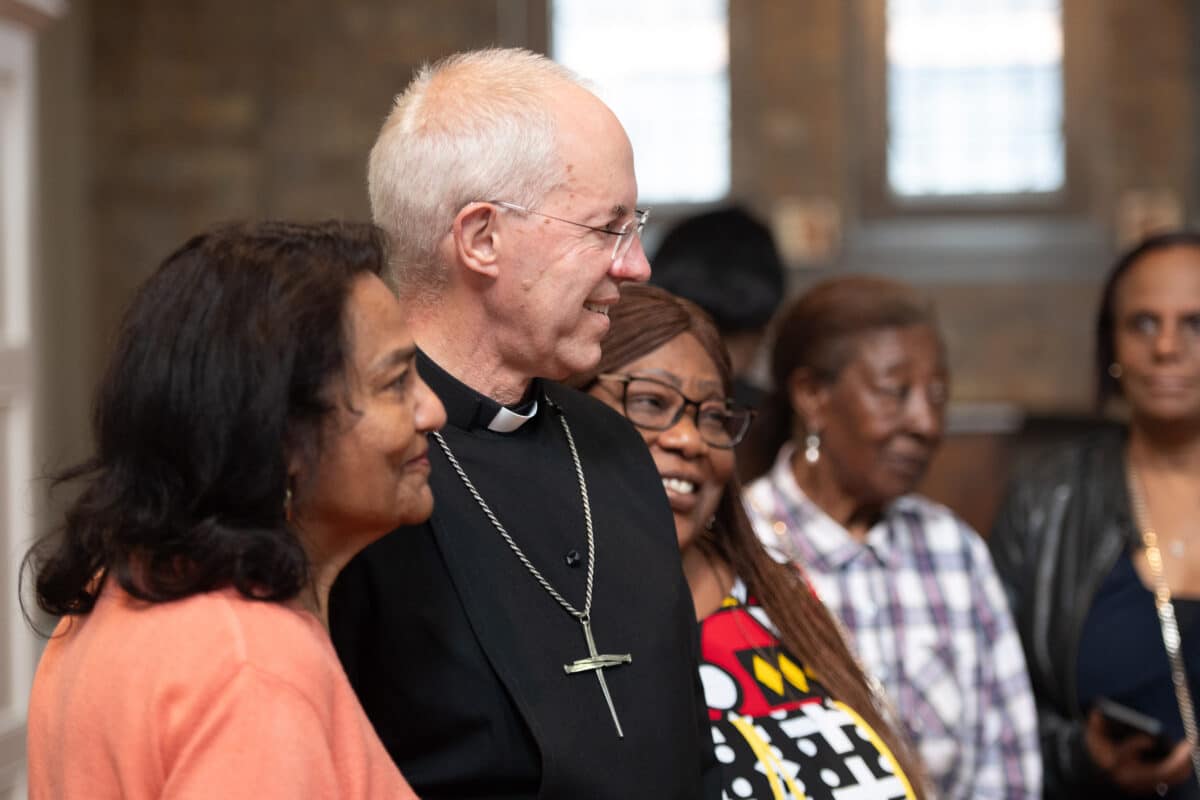Social media can be a wonderful outreach tool, and a way to build community. It’s immediate, interactive, conversational and open-ended.
It can also be a complicated place, which needs care and thought.
Not sure where to start? There’s a simple guide on the Church of England website which explains the different social media platforms:
Making Social Media a positive place
The Church of England’s Digital Charter is a voluntary pledge, which we encourage individuals as well as churches to sign to help make social media and the web more widely positive places for conversations to happen.
It is also worth looking at the social media community guidelines published by the Church of England and archbishops. The guidelines outline how they expect people to interact with their social media accounts.
Do you need a social media policy for your church?
Whether or not you need a formal policy or just some guidelines will depend on the complexity of your church’s organisation and the people involved.
You could encourage people in your parish to sign the Digital Charter (link above) or use the CofE community guidelines as a template.
Below are some points to help you think through your church’s social media accounts:
- Decide on the tone and voice of the church’s social media presence. Write this down. Be aware of how easy it is to unintentionally blend personal and professional voices.
- Decide who has access to your social media accounts. Make sure they are aware of their responsibilities and the purpose of your social media presence. Make a note of the different social media accounts and who is allowed to publish from them.
- Use good, strong passwords to secure your social media accounts. Don’t write these down unless it’s in an encrypted form.
If there is a need to be more explicit, the following points should cover the legal and behavioural aspects of representing the Church online:
- If in doubt about posting something, don’t post it.
- Be a good ambassador for Christ, the Church and your part in it.
- Be respectful. Do not post or share content that is sexually explicit, inflammatory, hateful, abusive, threatening or otherwise disrespectful.
- Know and follow your church’s safeguarding policy.
- Users are personally responsible for the content they publish online, whether in a blog, social networking site or any other form of user-generated media.
- Be mindful that what you publish will be public for an indefinite period of time. Even if a post or tweet is taken down, there may still be records of it online (people can be very quick to screenshot posts, particularly if they disagree with the content).
- If your account makes it clear that you are part of the Diocese of London, or Church of England, be aware that when you write anything you are representing the wider Church. Be a good ambassador.
- Never break a confidence. Do not cite or reference individuals without their approval. If you are telling a story about a third party, ask yourself, ‘is this my story to tell?’
- Don’t pick fights. The internet is home to a lot of argumentative people. When posting, seek to generate light and not heat.
- Be the first to correct your own mistakes.
- Try to add value. Provide worthwhile information and perspective.
- Social media entries may well attract wider media interest in you as an individual. Proceed with caution and remember that you are responsible for your online activities.


